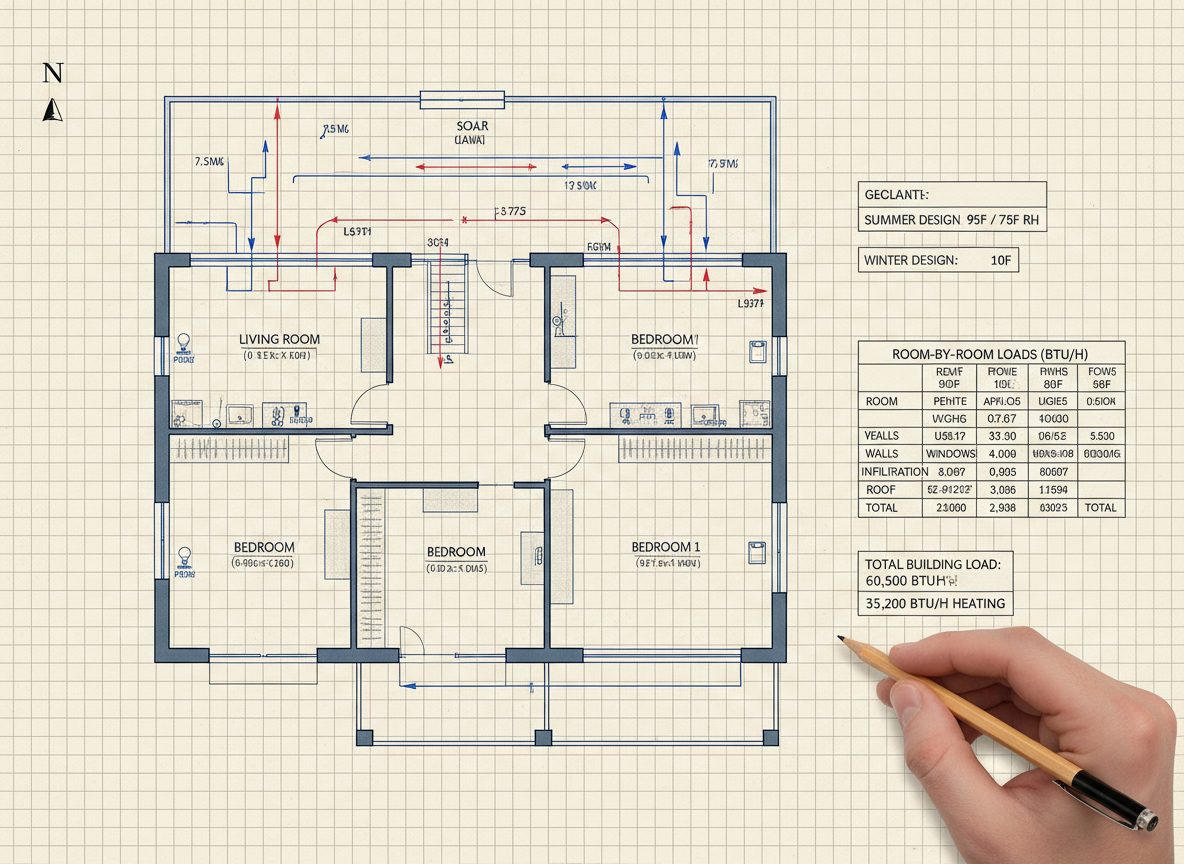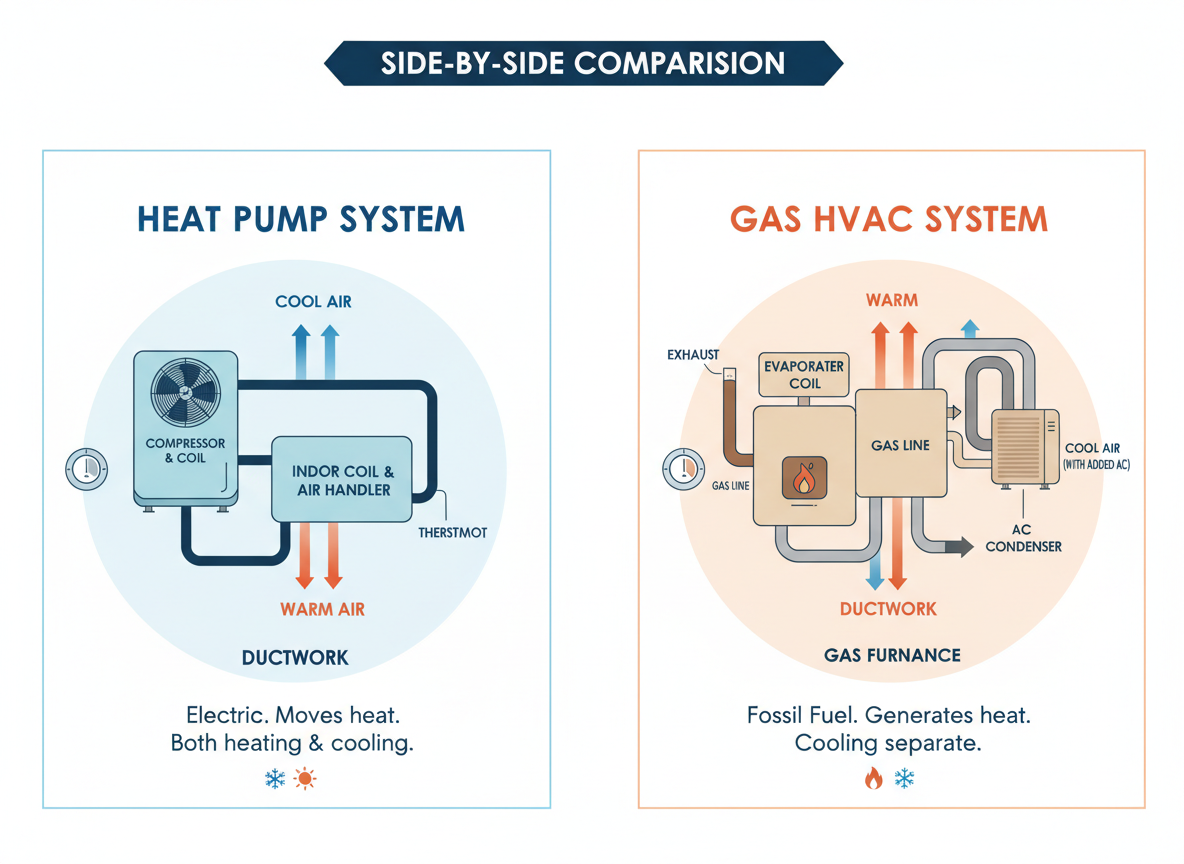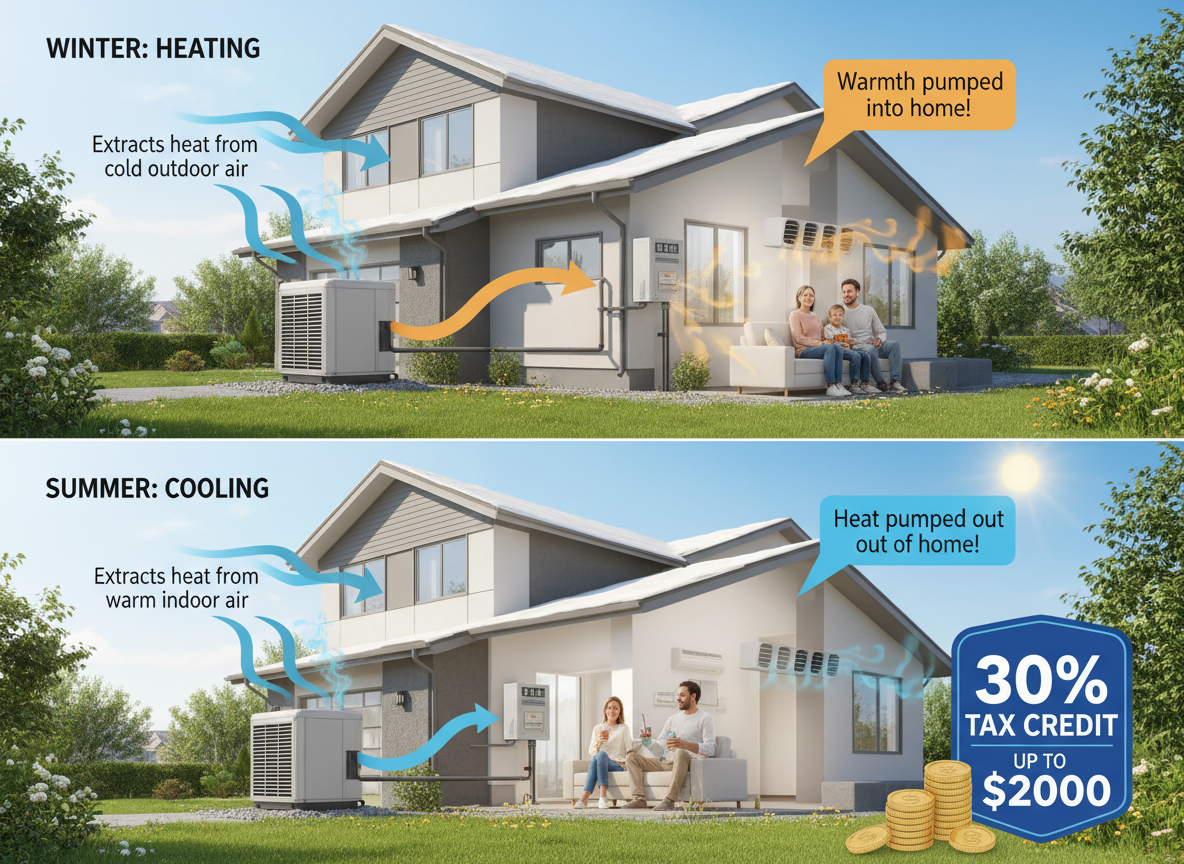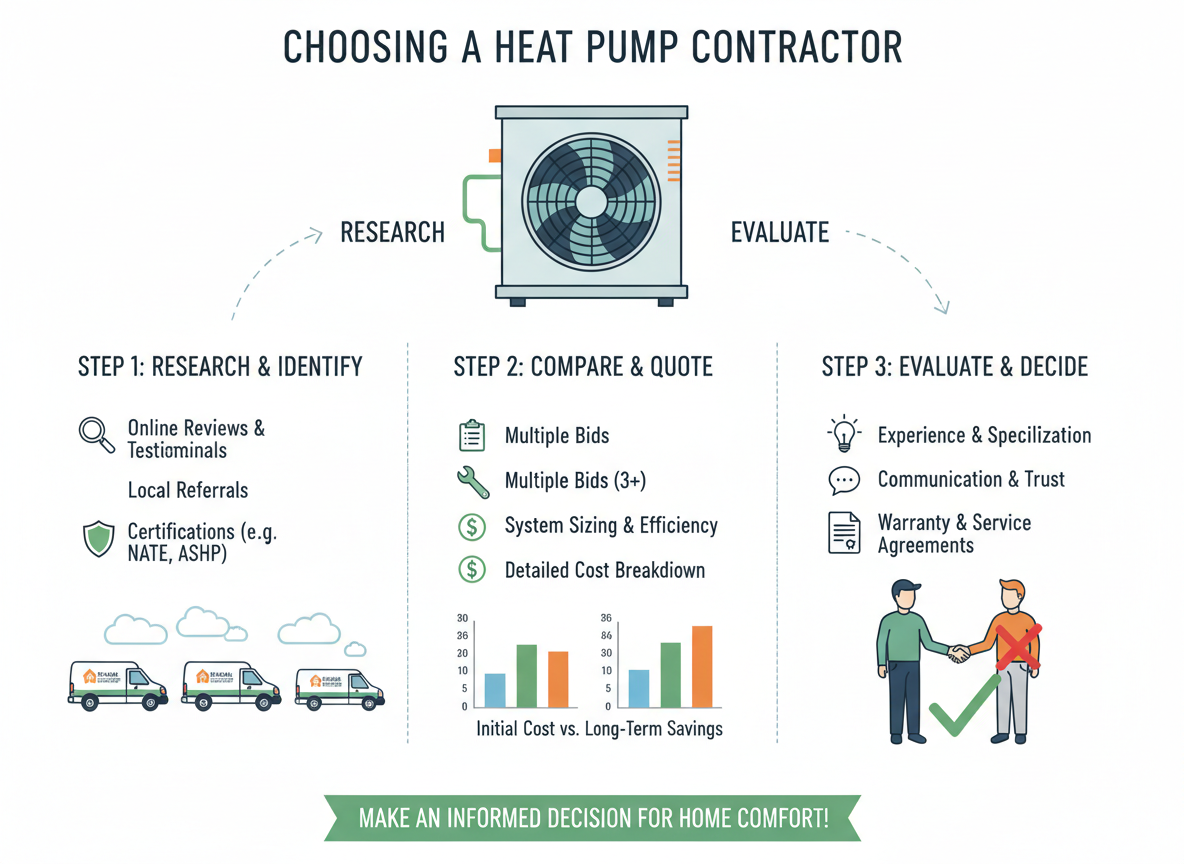
What Does It Do?
When it comes to understanding how an air conditioning (AC) system works, the AC compressor is one of the most vital components. It plays a critical role in ensuring that your system effectively cools your space, but many homeowners are unaware of how this component works or why it’s so important. In this article, we will dive deep into what an AC compressor is, how it works, and why regular maintenance is essential for keeping it in top condition.
What is an AC Compressor?
The AC compressor is often referred to as the “heart” of the air conditioning system. It is responsible for compressing refrigerant gas and circulating it through the AC system. Located in the outdoor unit of most AC systems, it functions as the driving force behind the cooling process.
The compressor works by compressing the refrigerant—a substance that absorbs and releases heat as it moves through the system. Compressing the refrigerant turns it into a high-pressure, high-temperature gas, which is then passed through the coils to release heat outside. Once cooled, the refrigerant circulates back indoors to absorb more heat, allowing your home or office to remain cool.
Without the compressor, the refrigerant wouldn’t be able to circulate effectively, and the AC system would fail to cool your space.
How Does an AC Compressor Work?
To fully understand how an AC compressor works, it’s helpful to look at the process step by step. The typical air conditioning system follows these stages to cool your home:
1. Refrigerant and the Cooling Cycle
Air conditioners rely on a refrigerant to absorb and release heat. This refrigerant transitions between gas and liquid states, enabling it to transfer heat from inside the home to the outside environment. The refrigerant flows in a closed loop between the evaporator coil (inside the home) and the condenser coil (outside the home), driven by the compressor.
2. The Role of the Compressor
The compressor is responsible for two main functions:
• Compressing the refrigerant: The compressor takes in low-pressure refrigerant in its gas form and compresses it into a high-pressure, high-temperature gas.
• Circulating the refrigerant: After compressing the refrigerant, the compressor forces it into the condenser coil, where it can release its absorbed heat to the outside air.
Here’s a simplified breakdown of the process:
• Step 1: Low-Pressure Refrigerant – Inside the evaporator coil, the refrigerant absorbs heat from the indoor air and evaporates into a low-pressure gas. The compressor draws this gas into its chamber.
• Step 2: Compression – The compressor reduces the volume of the gas, significantly increasing its pressure and temperature. This step converts the refrigerant into a high-pressure gas.
• Step 3: Heat Release – The high-pressure gas then moves to the condenser coil, where it releases the heat it absorbed from inside the house to the outside air. As the refrigerant cools, it condenses back into a high-pressure liquid.
• Step 4: Cooling Cycle Continuation – The refrigerant, now in liquid form, moves back into the evaporator coil to repeat the cycle. The compressor continues this process, ensuring the refrigerant circulates and maintains the cooling process.
Common AC Compressor Issues
HVAC compressors can experience various issues, including bearing failure, electrical problems, and refrigerant leaks. Bearing failure often results from excessive wear and tear leading to increased noise and vibration. Electrical problems can arise from faulty wiring, relays, or the compressor itself, causing the unit to malfunction or not start at all. Refrigerant leaks can occur due to damaged seals or corrosion, leading to reduced cooling efficiency and potentially damaging the compressor. If you suspect a faulty compressor, contact us to schedule AC repair.
AC Compressor Maintenance Tips
Regular maintenance can significantly extend the lifespan of your compressor and improve its efficiency. Here are some key tips:
- Regular Maintenance: Schedule annual maintenance with a professional HVAC company. We can check for leaks, worn components and other potential issues.
- Keep it Clean: In between maintenance visits keep the outdoor unit clear of debris, leaves, and other obstructions.
- Change Filters Regularly: Dirty air filters can strain the compressor and reduce cooling capacity.
- Address Issues Promptly: If you notice any unusual noises, vibrations, or reduced cooling performance do not delay an AC repair appointment.
Different types of Compressors
Reciprocating Compressors
Reciprocating compressors are a common type used in residential and small commercial HVAC systems. They operate using a piston that moves up and down in a cylinder, compressing the refrigerant. This type of compressor is known for its reliability and ability to handle high pressures.
Scroll Compressors
Scroll compressors are another popular choice for residential and small commercial applications. They feature two spiraling scrolls that rotate against each other, trapping and compressing the refrigerant. Scroll compressors are known for their quiet operation and energy efficiency, making them a desirable option for many homeowners and businesses.
Rotary Compressors
Rotary compressors are also used in large commercial and industrial applications. They utilize a rotating vane or screw to compress the refrigerant. These compressors are known for their quiet operation and ability to handle high volumes of refrigerant.
Screw Compressors
Screw compressors are primarily used in large commercial and industrial applications. They feature two intermeshing helical rotors that compress the refrigerant. Screw compressors are highly efficient and can handle large volumes of refrigerant, making them suitable for demanding cooling needs.
Centrifugal Compressors
Centrifugal compressors are the largest and most powerful type of compressor used in HVAC systems. They are primarily found in very large commercial and industrial applications. Centrifugal compressors use centrifugal force to compress the refrigerant, making them extremely efficient for large-scale cooling needs.
Schedule Compressor Repair
Contact LA Construction, Heating and Air if you suspect your AC compressor is malfunctioning. Our experienced technicians can quickly diagnose and repair any compressor issues, restoring your home’s comfort. Don’t let a faulty compressor leave you sweltering. Book online or contact us now for expert AC services.
What is an AC Compressor? Related Posts:






















.png)














